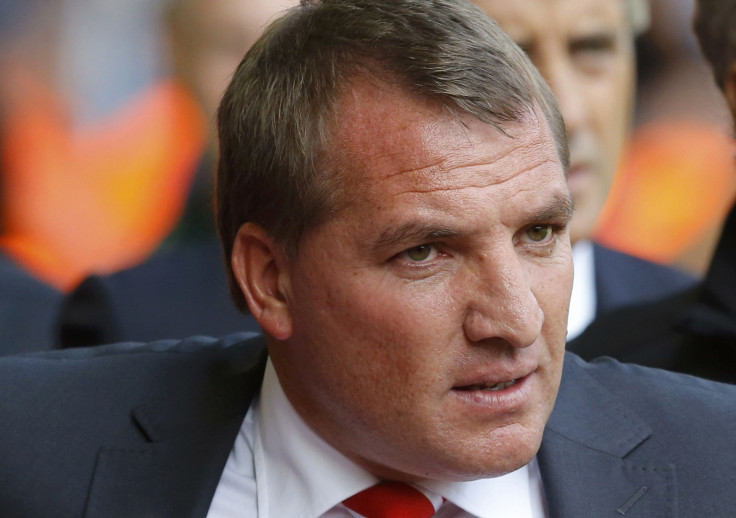Liverpool Boss Brendan Rodgers Deserves Praise and Patience for Putting Faith in Youth

As a young manager going into a club as overwhelming as Liverpool, it would have been easy for Brendan Rodgers to sacrifice some of his principals and to cow tail to the squad’s big names in search of instant results and getting both the fan base and dressing room on his side.
The former Swansea boss has done anything but.
In the first 18 months under their new, and hopefully improved, American owners, Liverpool spent over £100 million in an attempt to springboard the club back the Champions League under Anfield legend Kenny Dalglish.
With that kind of outlay an eighth place finish in the Premier League—regardless of success in the domestic cups—simply wasn’t acceptable. Dalglish and his technical director Damien Commoli paid the price and Rodgers was brought in to clean up the mess.
Many of the signings had failed spectacularly and it would have been understandable for Rodgers to feel pressurized to continue pursuing with some of the players on which unfathomable sums of money had been squandered. Rodgers had a different idea. Andy Carroll, the previous regime’s biggest splurge at £35 million, was immediately identified as a player who would not fit into his short-passing high-pressing philosophy.
There was no attempt to hide his views, no halfhearted efforts to adjust his style to fit that of the club’s record signing.
It has been a similar case for £20 million signing Stewart Downing. The England international has not started in the Premier League since an opening day 3-0 defeat to West Brom as Rodgers has preferred previously untried youngsters Raheem Sterling and even Spaniard Suso. Both have already shown the potential to have massive futures at Anfield.
Many managers are often lampooned for simply picking on reputation alone and ignoring young talent, so surely Rodgers deserves credit here.
It is fair to say that the praise handed out here does not correlate in many people’s minds with the results Liverpool have achieved so far this season. Indeed, it had been the proud club’s worst start to a campaign in over 100 years. But it is the fault of many clubs—and given their incredible pedigree— Liverpool more than most, to get too wrapped up in history.
For 40 years Liverpool have been a club expecting to challenge for the league title, but the truth is that with the squad at Rodgers’ disposal, compared to that of his rivals, even challenging for a Champions League place was something of a far-fetched goal.
The extravagances of the past two years have led to a tightening of the belt at Anfield and Rodgers must first simply try to correct previous errors. Already his impact has been noticeable. Last season Liverpool often looked like a side without any identity, any clear idea of what they were trying to do on the field, something which is in stark contrast to the lineup under Rodgers.
Whatever you think of the merits of Rodgers’ brand of soccer, the clarity of his philosophy cannot be doubted. The players will surely welcome that, although it will take time to implement and there are likely to be many further victims to it along the way.
Liverpool’s results would be vastly improved this season were it not for two important factors. The most obvious one is the failure to sign at least one striker in the closing stages of the transfer window. While allowing Carroll to leave was not in itself a bad thing, the failure to sign replacement has opened Rodgers up to criticism, despite the fact that it was the Liverpool board’s refusal to put up the money for Clint Dempsey.
A striker must surely be signed in January and then it may be a very different Liverpool. However, the side has also been further hamstrung by a propensity for individual errors this season. On paper Liverpool have a very solid backline with the partnership of Daniel Agger and Martin Skrtel playing in front of Spain international Pepe Reina. That has not panned out this season, though, with Reina and Skrtel, in particular making notable errors.
Even in their only Premier League victory, Liverpool marred what would was an impressive five-goal performance by conceding two sloppy goals. Mistakes would be more costly just a few days later. Looking in control at 1-0 up against Udinese in the Europa League, errors again took over and they fell to a 3-2 defeat.
It is difficult to call a manager to account for these kinds of mistakes. For some it is just a bad day at office, for others for whom the errors persist, one suspects Rodgers will not hesitate to show them the door.
It may take some time, but Liverpool fans’ patience could well be rewarded.
© Copyright IBTimes 2024. All rights reserved.











